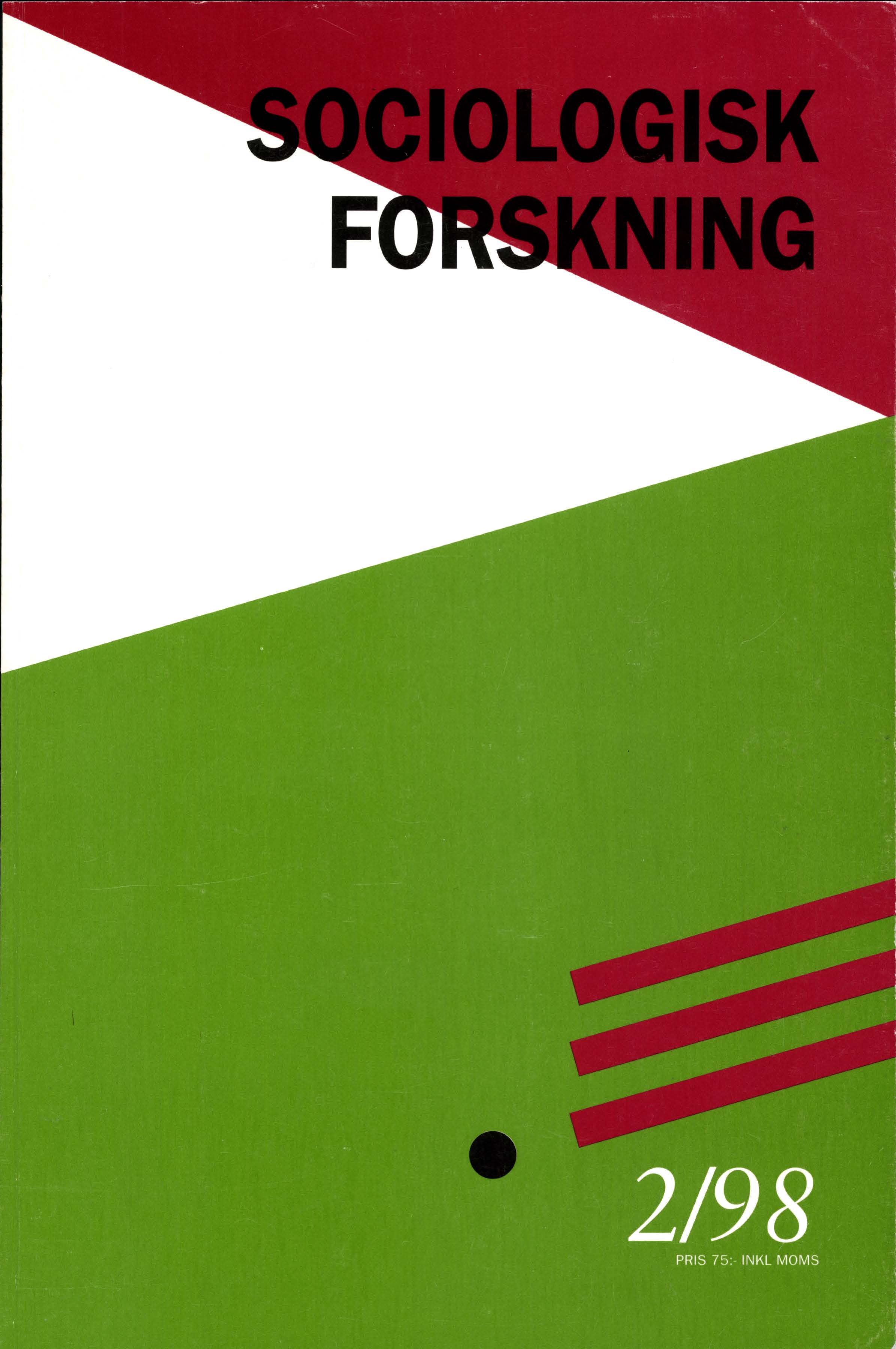Velferdsstatens problemlogikk i lys av en debatt om dysleksi
DOI:
https://doi.org/10.37062/sf.35.18507Abstract
The Scandinavian welfare state represents a dilemma between problem identification and normalization. In the article, this dilemma is discussed through the case of learning disabilities in reading and writing. This issue is debated both internationally and in Scandinavia. A tradition based in biology makes the concept of dyslexia essential. As opposed to this, a tradition based in the humanities stresses social conditions as the cause of the problems. In Sweden, a highly visible controversy between these positions has emerged since the 1980s onwards. The debate in Sweden between 1975 and 1995 is analysed through documents produced by the debate and through interviews with people involved in it. During the first part of the period, normalization reforms were implemented on all levels of the educational system. Towards the end of the eighties, this process was challenged by the ”dyslexia movement” calling for a restoration of a special educational programme to which students are assigned on the basis of diagnoses. In analysing this development, a strong tendency to support the ”dyslexia movement” appears very clearly among both parents, grown-up clients, the educational system and the welfare state itself. The final conclusion identifies an inherent logic in the welfare state that structures the possibilities for developing permanent normalization practices.
Downloads
Publicerad
Referera så här
Nummer
Sektion
Licens
Allt material i Sociologisk Forskning publiceras med omedelbar öppen tillgång (open access), under Creative Commons-licensen CC BY-NC-ND 4.0.
Allt innehåll i tidskriften är fritt tillgängligt utan kostnad och får för icke-kommersiella syften fritt läsas, laddas ned, kopieras, delas, skrivas ut och länkas. Innehållet får dock inte ändras. När innehållet används måste författare och källa anges. Upphovsrätten till innehållet tillhör respektive författare. Inga publiceringsavgifter tas ut.





